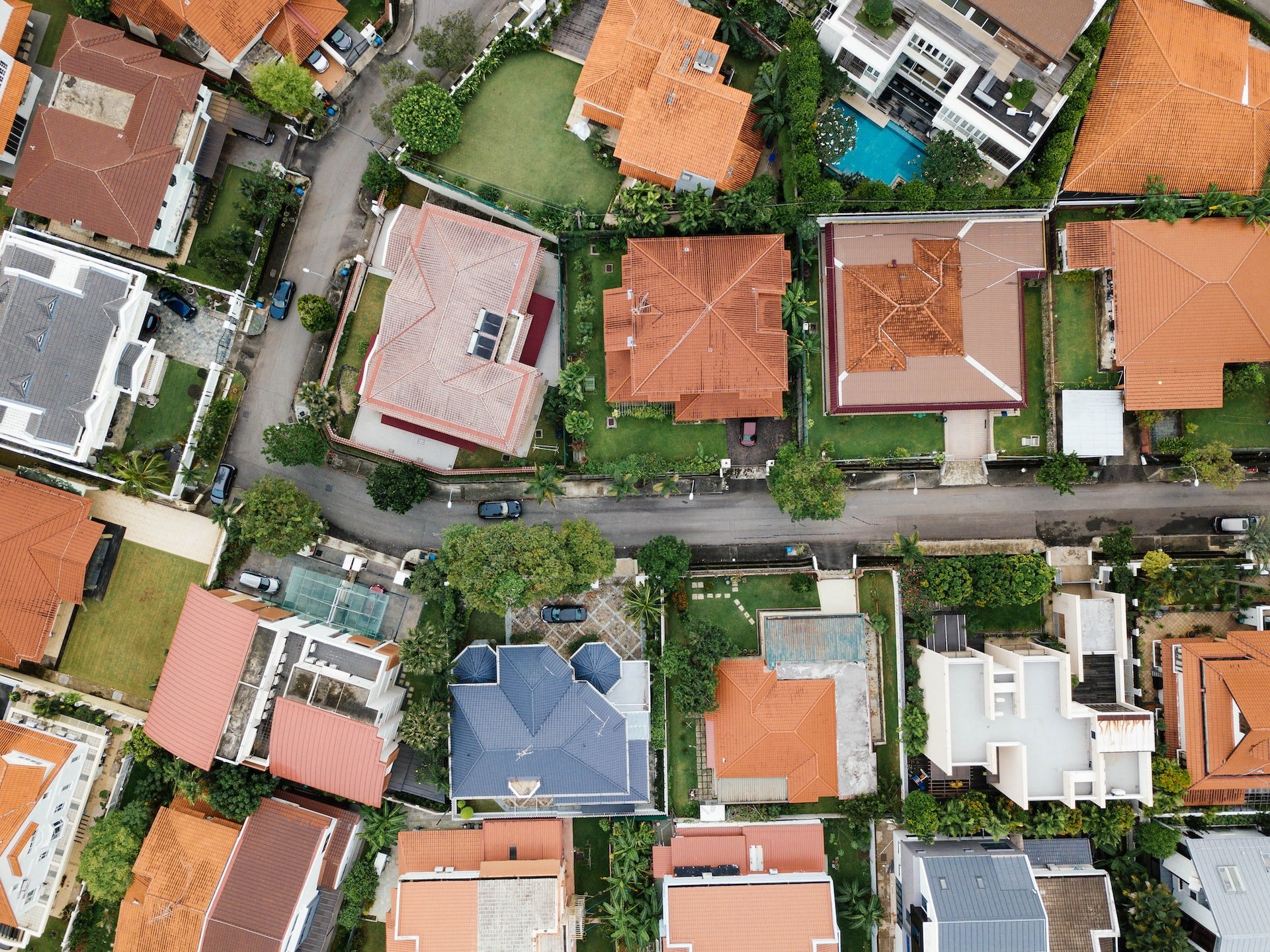Triple net (NNN) leases are a well-known lease structure for commercial properties. They provide a steady income stream for investors and offer stability to the tenants who sign them. One thing that needs to be clarified about NNN leases is the role of maintenance.
Maintenance is an essential element of a triple net lease (NNN). A thorough understanding of the role of maintenance in NNNs is paramount for both parties involved. While traditional leases typically make landlords responsible for maintaining their buildings, the triple net places additional responsibility on tenants, requiring them to ensure that any issues regarding repairs or upkeep are addressed quickly and correctly.
In this article, we’ll explore the importance of maintenance and how it affects tenants and landlords.
What is a Triple Net Lease?
A triple net lease, often known as a NNN lease, is a formal agreement between a lessor and a lessee. According to the contract, the lessee (renter) is responsible for paying rent and a proportionate amount of the operational expenses, such as insurance, upkeep of the common areas, and taxes.
The most typical application of a NNN lease is in commercial real estate deals. A triple net lease is a distinctive agreement for landlords and renters of commercial real estate. In exchange for slightly reduced rent and the freedom to customize existing spaces, tenants contribute to the expense of upkeep instead of leaving it up to landlords.
Gross leases are often used to run non-net lease assets like multi-tenant homes and residential properties. They demand that renters contribute a fractional monthly rental rate, often known as “gross” rent, to cover the expected percentage of the landlord’s costs, such as taxes, standard area maintenance (CAM), insurance, administration, registration, and more.
Absolute NNN Lease
For the duration of the lease, there are no landlord obligations or maintenance charges. The tenant handles everything. The renter assumes full financial responsibility for the building, giving them sole ownership over the management and operation of the property.
The advantage of this contract is that it allows the renter to practically own a property without having to purchase it.
Modified NNN Lease
A modified triple net lease, which may be used to make agreements more beneficial for renters, is a contractual compromise between a total lease and a triple net lease.
In this case, the tenant is still responsible for paying property taxes, maintenance, and insurance. Still, they can also leave certain expenses to the landlord, such as the roof and building maintenance expenses.
Maintenance Responsibilities in Triple Net Leases
A commercial building landlord grants a tenant a triple net lease by renting a structure or area to them. But the tenant pays rent according to floor space as well as incorporating the CAM, insurance, and taxes in the rent price.
On the other hand, with conventional commercial lease contracts, the landlord is typically liable for these expenses.
Common Area Maintenance (CAM)
The phrase “common area maintenance,” or “CAM,” refers to other running expenses outside taxes and insurance.
The following are some examples of CAM costs:
- Clearing snow
- HVAC
- Landscaping
- Parking areas
- Roofing
- Safety
- Signage
- Upkeep
- Utilities
Triple Net Lease Properties: What Type of Properties Are They?

When a company or franchise wants to create a new branch, they are typically required to build or rent triple-net properties. By entering into a conventional triple net leasing contract, the tenant has the flexibility to match the building with the desired branding, landscaping, and amenities of the parent company.
Existing NNN properties can also be purchased and transferred like other types of properties, except that the current lease will be accepted, and the clauses will stay in effect.
Corporations like dollar shops, chain restaurants, health clinics, early childhood institutions, grocery stores, and gas stations are examples of triple net lease assets. They are often related to consumer lifestyles and needs rather than only to economic booms and busts – making them a stable investment even during economic downturns.
Renter and Landlord Sharing Operating and CAM Expenses
By asking if a cost is associated with capital projects (for example, modification of a property’s structural components or a development that brings long-term value) or whether it is connected to the building’s daily maintenance, you can distinguish between expenses that the landlord should handle and costs that are meant for tenants.
Generally, triple net lease tenants are responsible for daily maintenance costs, and up to any capital projects mentioned in the terms of the agreement. However, the distinction between a capital expenditure and a non-capital expense should be understood and agreed upon by both parties before entering into a contract.
For instance, a tenant may decide to make capital enhancements that improve branding or reduce their overall operational expenses. Since capital upgrades will serve the landlord (and potential new renters) even after the tenant has relocated, any shared expenses should be stipulated within the lease agreement.
Tenant-by-tenant Distribution of Variable Maintenance Costs
Like insurance, operating expenses are often simple to divide equitably. It is logical to split the cost of roof maintenance, system repairs, and other services among multiple tenants in proportion to the area they lease. However, this is different for overhead expenses like water and energy.
It is reasonable to charge renters based on the space they rent in the property if each tenant uses the variable services equally. For instance, in a commercial complex with three stores, every shop most likely uses common facilities, parking spaces, heat, and energy similarly. It would be appropriate to split these expenses in proportion to the tenant’s space size.
Unfortunately, the situation changes if there are a variety of renters, among whom some utilize the public areas more frequently than others. The optimal solution is to have the site metered; however, different areas leased in commercial properties and retail establishments need to be metered to accurately distribute variable costs.
To solve this problem, landlords sometimes create a usage standard, which estimates the value of utilities per square foot. Then, fees are assigned to tenants based on the square footage they rent. But the central issue isn’t solved by this approach since not all tenants necessarily consume utilities equally.
Are Triple Net Leases Negotiable?

Like any agreement, a triple net lease can be negotiated. A triple net lease places practically all of the financial burden on the tenant. Most overhead fees related to the property’s ownership are the tenant’s responsibility, making triple net lease a great investment channel for the passive real estate investor. It also means that introductory rental rates might also become a crucial negotiation point, although incremental rent increases are common in commercial property agreements.
Tenants may try to negotiate a lower base lease rate since they bear the landlord’s expenses. Though in exchange for the additional financial responsibility, tenants have significantly more flexibility with renovations and construction in the building.
Key Takeaway
The role of maintenance in a triple net lease is critical for ensuring the smooth running of any property; it requires expertise and experience to keep the property functioning safely and efficiently. Maintenance also helps to protect the tenant’s investment in the space, as timely repairs and upkeep can prevent expensive problems from arising.
Take Advantage of NNN Leases
Are you curious about how the role of maintenance in a triple net lease and reduced expenses can improve your investments (and lifestyle)? If so, you’re in the right place.
But don’t just take our word for it – our NNN Deal Finder has helped countless satisfied customers achieve long-term, reliable passive income and financial stability for their futures. We will make finding the perfect triple net lease investment a breeze. Get in touch today to learn how we can help.

